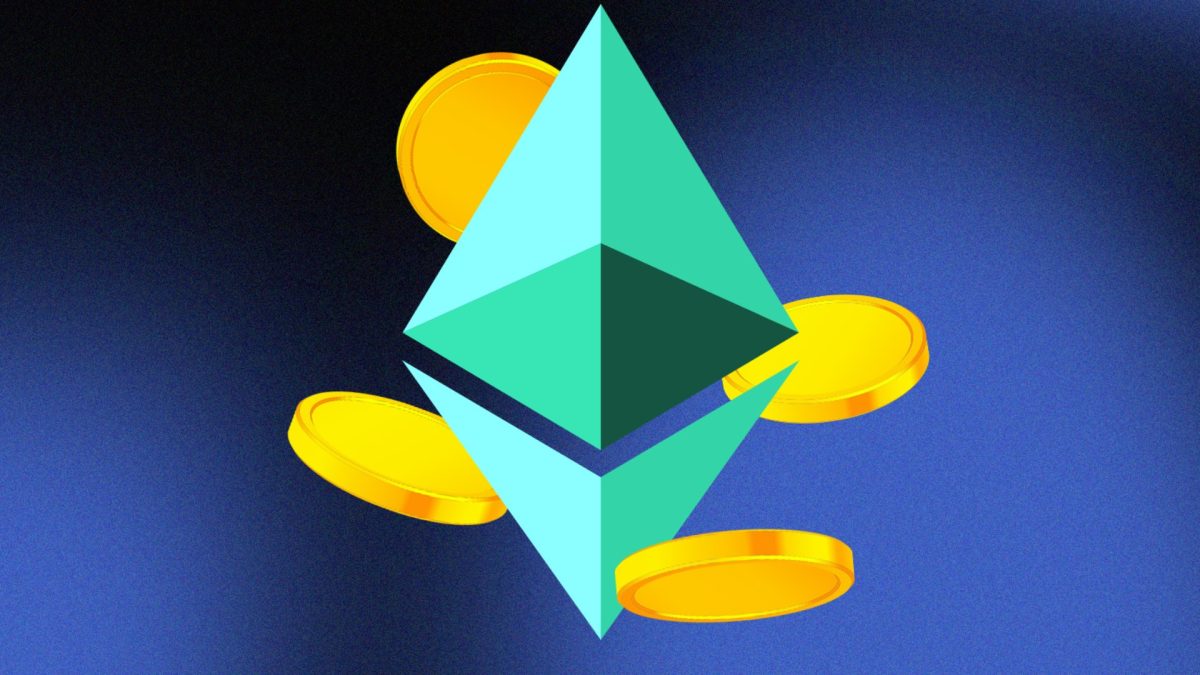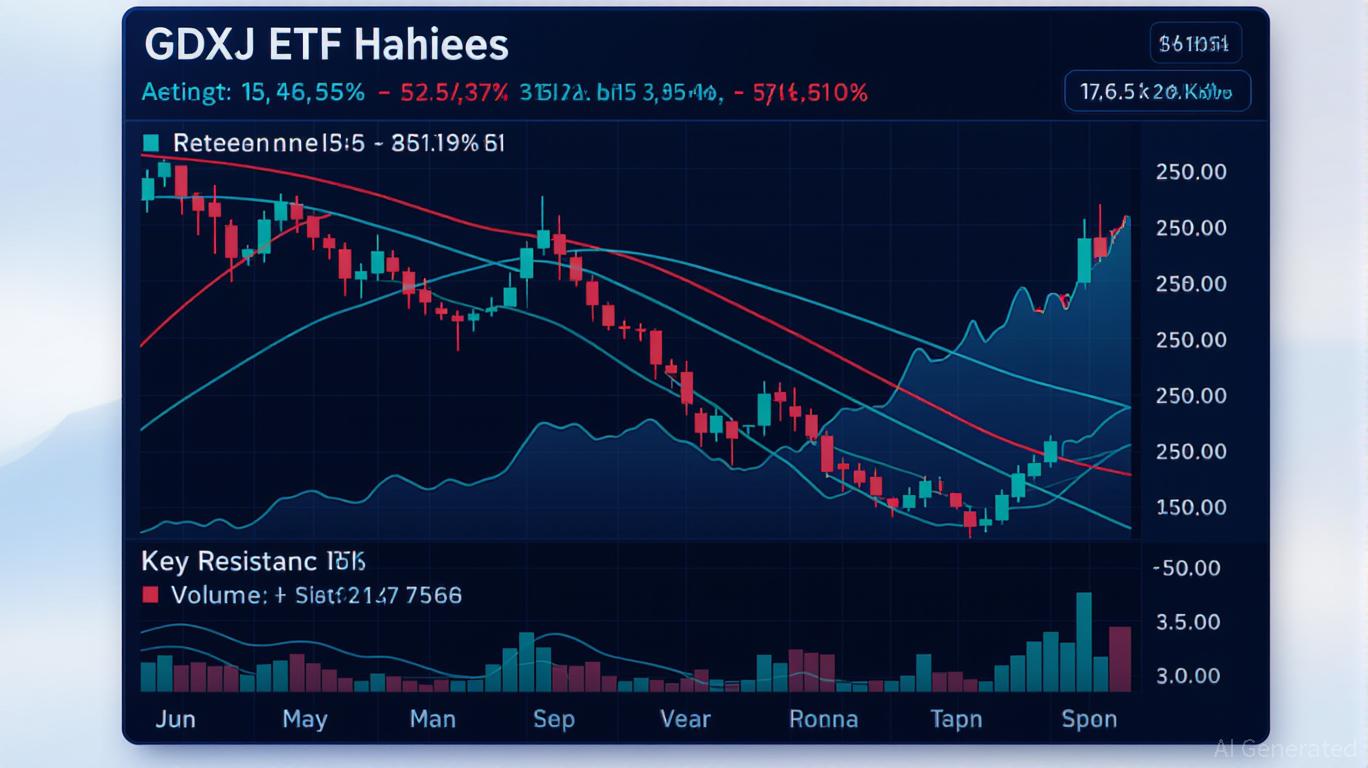Ethereum Foundation swapping $4.5 million in ETH for stablecoins to fuel growth
Quick Take The Ethereum Foundation said it would swap 1,000 ETH (approximately $4.5 million) for stablecoins to fund research and development, grants, and donations. The organization made a similar swap a month ago.

The Ethereum Foundation said Friday it will swap 1,000 ETH (approximately $4.5 million) for stablecoins to fund growth.
Using CoWSwap's TWAP feature, the organization said converting the ether into stablecoins will help it fuel "ongoing work to fund R&D, grants and donations, and to highlight the power of DeFi," according to a post to social media platform X .
Last month, the Ethereum Foundation made a similar announcement , saying it would convert 10,000 ether (worth $43.6 million at the time) to stablecoins on centralized exchanges, framed as routine funding for research, grants, and donations.
The announcement came after the foundation paused, or slowed, several grant programs to reduce its burn rate, The Block previously reported . As with last month's 10,000-ETH announcement, many users on X criticized the foundation’s plan on Friday.
Some urged the Ethereum Foundation to either borrow against its ETH using DeFi-native lending platforms or engage in over-the-counter deals with digital asset treasuries.
On Friday, the Ethereum Foundation pointed to its treasury policy from last June, outlining how it prefers to manage its funds.
"To achieve its objectives, EF will maintain and periodically refine an asset-liability management policy and a high-level grant allocation strategy," the blog post said . "EF will manage its assets, considering risk, duration, and liquidity, while remaining aligned with Ethereum’s core principles."
Disclaimer: The content of this article solely reflects the author's opinion and does not represent the platform in any capacity. This article is not intended to serve as a reference for making investment decisions.
You may also like
COAI Experiences Steep Price Drop: Opportunity for Contrarian Investors or Red Flag for Junior Gold Mining Stocks?
- COAI refers to both ChainOpera AI and junior gold miners' index, with this analysis focusing on the latter's market dynamics. - Junior gold miners (GDXJ ETF) fell 27% in six months amid dollar strength, inflation fears, and overbought conditions after a 128.8% rally. - Technical indicators show bearish signals: broken trend channels, negative volume balance, and RSI divergence, though long-term bull trends persist. - GDXJ's 163.9% surge outpaced gold bullion gains, creating valuation gaps, while ChainOpe

Silver Soars Amid Ideal Conditions of Policy Shifts and Tightening Supply
- Silver surged to $52.37/oz as Fed rate cut expectations (80% probability) and falling U.S. Treasury yields boosted demand for non-yielding assets. - China's record 660-ton silver exports and 2015-low Shanghai warehouse inventories intensified global supply constraints, pushing the market into backwardation. - Geopolitical risks (Ukraine war) and potential U.S. silver tariffs added volatility, while improved U.S.-China relations eased short-term trade concerns. - Prices face critical $52.50 resistance; Fe
XRP News Today: As XRP Declines, Retail Investors Turn to GeeFi's Practical Uses
- GeeFi's presale hits 80% of Phase 1 goal with $350K raised, targeting 3,900% price growth as XRP declines 20% monthly. - GEE's utility-driven features like crypto cards, multi-chain support, and 55% staking returns contrast with XRP's institutional dependency and shrinking retail base. - Deflationary tokenomics and 5% referral bonuses drive FOMO, positioning GeeFi as a 2026 crypto disruptor amid XRP's regulatory and adoption challenges.

Sloppy implementation derails MegaETH's billion-dollar stablecoin aspirations
- MegaETH abandoned its $1B USDm stablecoin pre-deposit plan after technical failures disrupted the launch, freezing deposits at $500M and issuing refunds. - A misconfigured Safe multisig transaction allowed early deposits, causing $400M inflows before the team scrapped the target, citing "sloppy execution" and operational misalignment. - Critics highlighted governance flaws, uneven access (79 wallets >$1M vs. 2,643 <$5K deposits), and 259 duplicate addresses, raising concerns about transparency and bot ac

